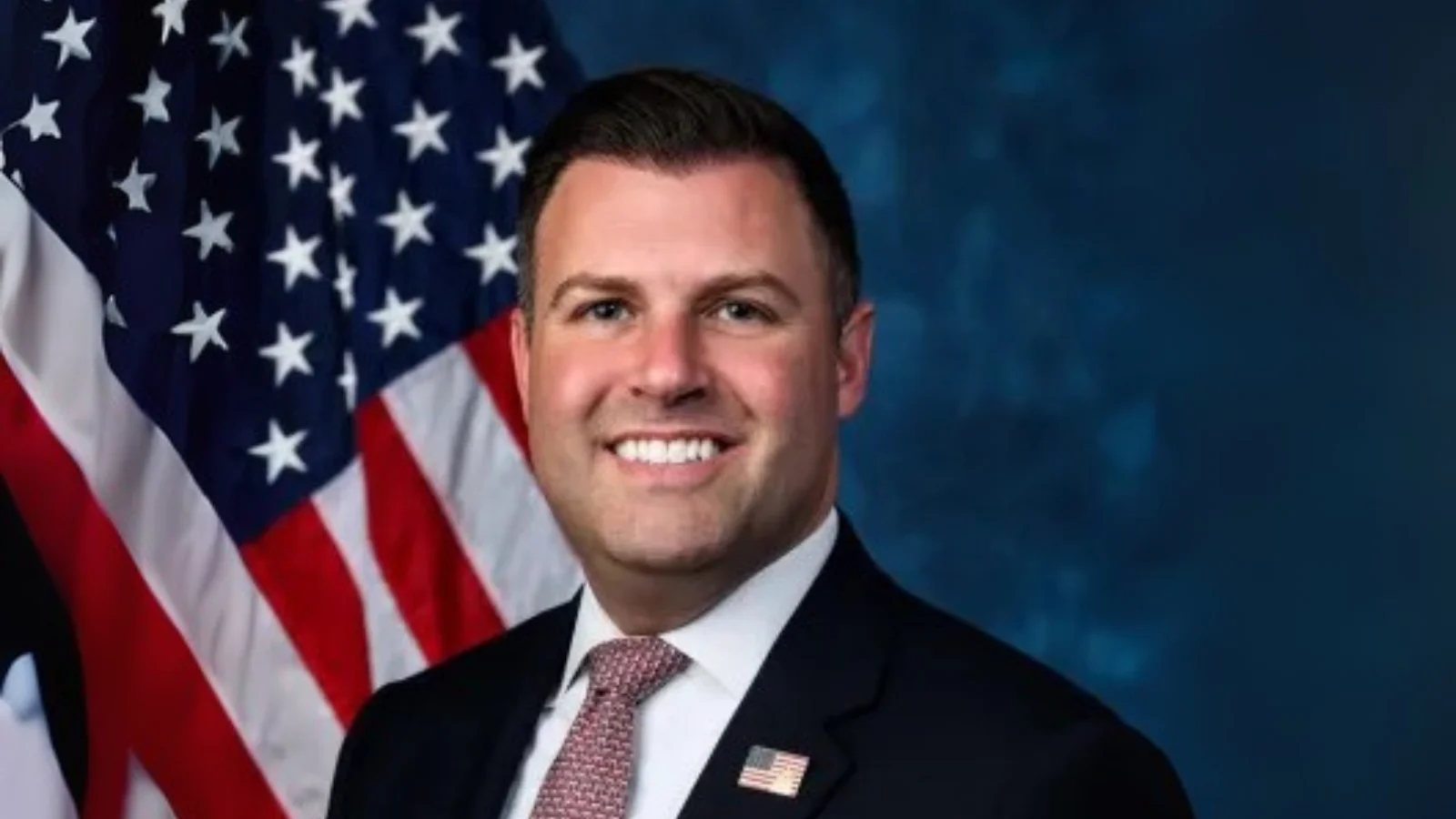Workforce Protections Chairman Ryan Mackenzie (R-PA) led a hearing titled “E-Verify: Ensuring Lawful Employment in America” to discuss the role of the E-Verify program in supporting legal employment and protecting American workers.
In his opening statement, Mackenzie highlighted recent improvements at the U.S. southwestern border, noting that "crossings at our southwestern border have fallen 96 percent from September of 2023 to September of this year." He stated that with progress made on border security, attention should now shift to strengthening protections for American workers.
Mackenzie described E-Verify as "a free, reliable, and proven program run by the Department of Homeland Security (DHS) which helps employers verify they are only hiring those with a legal right to work in America." He said it helps prevent wage undercutting by unauthorized workers and ensures fair competition among businesses.
He explained that since 1986, federal law has required employers to confirm employee eligibility through documentation. However, he noted challenges with document verification: "an employer often cannot know the information and documents received from a worker are valid. This is where E-Verify comes in. An employer can verify a worker’s employment authorization electronically in a matter of seconds through the Social Security Administration database and, if necessary, the DHS employment authorization database."
According to Mackenzie, about 98 percent of E-Verify checks confirm employment authorization instantly. In cases where there is a mismatch, employees have ten days to resolve it.
The program remains voluntary for most employers nationwide but has over 1.4 million participants. Some states require its use for certain or all employers.
Mackenzie pointed out bipartisan support for expanding E-Verify requirements. He referenced his sponsorship of Pennsylvania's Act 75—the Construction Industry Employee Verification Act—which passed with support from both labor and business groups. The act aims to ensure lawful employment within Pennsylvania’s construction sector.
During the hearing, witnesses from construction and home building industries were expected to share their experiences with mandatory E-Verify policies and discuss workforce development needs.
Mackenzie also addressed federal contractor requirements: "Under federal regulation, federal government contractors must use E-Verify, but small-dollar and short-term contracts are excluded. I have introduced H.R. 2641, the Day 1, Dollar 1 E-Verify Act, to codify a requirement that all federal contractors use E-Verify."
He acknowledged limitations in the system due to potential identity theft but concluded: "E-Verify remains a commonsense win for the American people. It helps employers comply with the law while advancing the public policy goals of ensuring a lawful workforce, protecting American workers, and guaranteeing a level playing field for businesses hiring legal workers."









